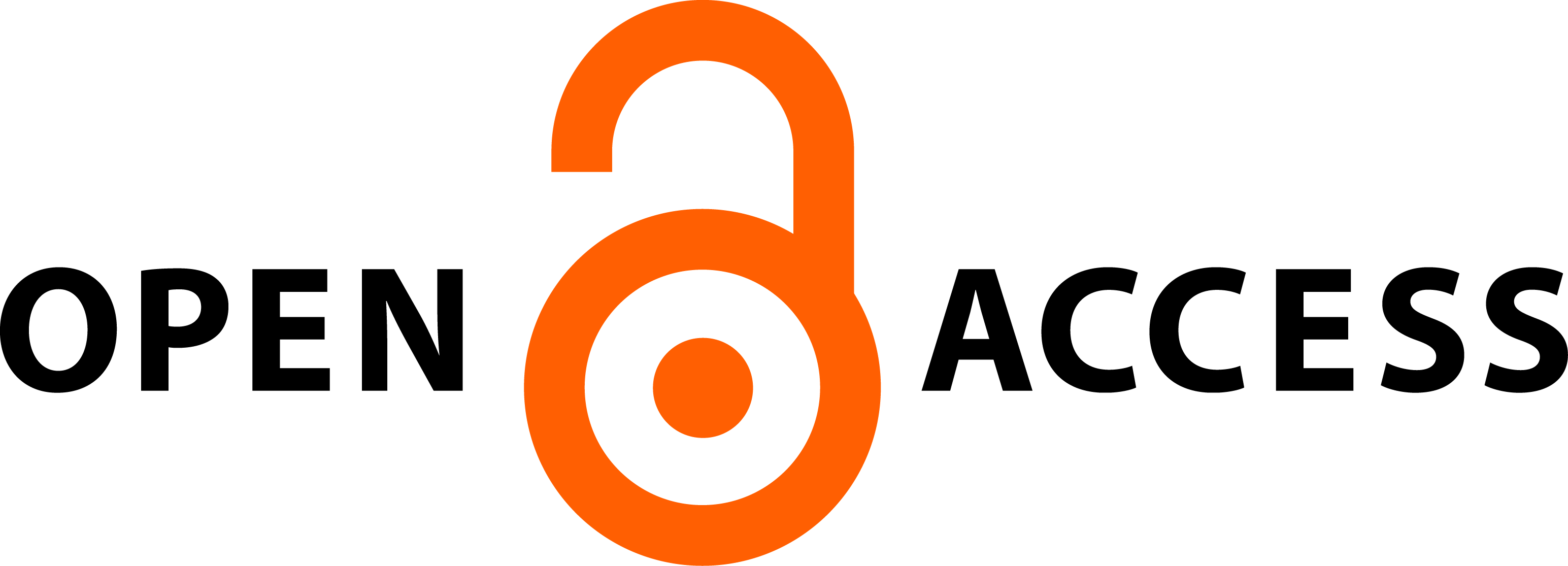Larangan Perkawinan Perspektif Fikih dan Relevansinya Dengan Hukum Perkawinan Di indonesia
DOI:
https://doi.org/10.21154/muslimheritage.v2i1.1049Keywords:
prohibition, perspektif, jurisprudence, regulation, marriage.Abstract
Abstract: Marriage prohibitions from fiqh perspective include eternal prohibition (ta'bÃd) is a women forbidden to marry men at the longest because of nasab relationship, marriage relationship and mother’s milk relationship. Temporary prohibition (gairu ta'bÃd) is women or men forbidden to marry for certain time because of amount, collection , slavery, heathen, ihrám, iddah, three times divorced, and matrimony. Until now, adultery and li'an vow are still disputed. Marriage act in Indonesia is the result of normative law legislation which not arranges the prohibition of marrying slaves. The controversial section is section 40 letter c; in that section clearly established that a Moslem is prohibited to marrying a non-Moslem. In fiqh, non-Moslems involve Musyrik/Kafir who forbidden to married by Moslems and Christians/Jews (ahlul kitab) who can be married by Moslems.
Abstrak: Larangan perkawinan perspektif fikih mencakup larangan abadi (ta’bÃd); perempuan dilarang kawin dengan laki-laki sepanjang masa dikarenakan hubungan nasab, perkawinan dan persusuan. larangan sementara (gairu ta’bÃd) adalah wanita atau laki-laki yang haram kawin untuk masa tertentu dikarenakan bilangan, mengumpulkan, kehambaan, kafir, ihrám, iddah, talak tiga dan peristrian. Yang diperselisihkan adalah zina dan sumpah li’an. Undang-Undang Perkawinan di Indonesia adalah hasil legislasi hukum normatif (fikih) dan tidak mengatur tentang larangan menikahi budak, Pasal yang kontroversial, yaitu pasal 40 huruf c, dalam pasal tersebut ditentukan dengan jelas bahwa seorang laki-laki muslim dilarang melakukan perkawinan dengan wanita yang tidak beragama Islam. Dalam fikih, non muslim dibagi dua, yaitu musyrik/kafir adalah orang yang haram untuk dikawin sedangkan Nasrani/Yahudi yang disebut dengan ahlul kitab dapat di kawin.
Downloads
Published
Issue
Section
License
Requirements to be met by the author as follows:
- Author storing copyright and grant the journal right of first publication manuscripts simultaneously with licensed under the Creative Commons Attribution License that allows others to share the work with a statement of the work's authorship and initial publication in this journal.
- Authors can enter into the preparation of additional contractual separately for non-exclusive distribution of a rich version of the journal issue (eg:post it to an institutional repository or publish it in a book), with the recognition of initial publication in this journal.
- Authors are allowed and encouraged to post their work online (eg, in institutional repositories or on their website) prior to and during the submission process, because it can lead to productive exchanges, as well as citations earlier and more severe than published works. (see The Effect of Open Access).

















